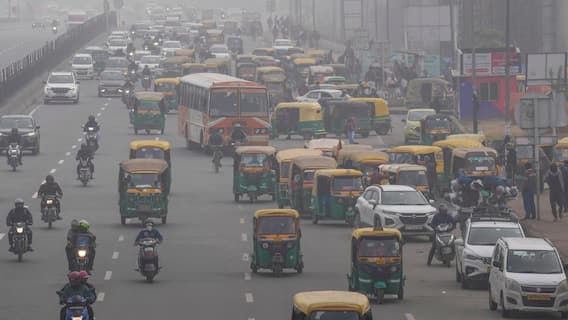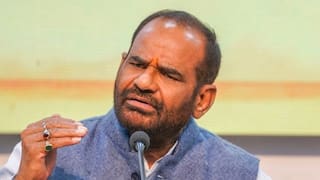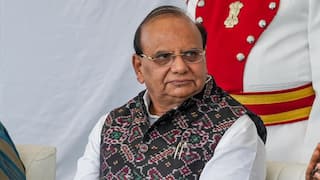Stock Market Crash: Investors Lose Over Rs 6.5 Lakh Crore In Just 2 Hours Of Trading
The negative sentiment in the Indian market was account of fresh Covid fears, which sent shivers down the spine of investors

New Delhi: The day is really turning into a ‘Black Friday’ for the Indian stock markets as investors pressed the panic button.
They have lost a whopping Rs 6.50 lakh crore in wealth in just two-hour of trading sessions due to an across-the-board sell off.
Investor wealth, according to the data as measured by the BSE market capitalisation, showed investor wealth plunged by Rs 6.55 lakh crore to Rs 259.11 lakh crore from Rs 265.66 lakh crore a day ago.
The BSE Sensex tanked 1,400 points, while the NSE Nifty was trading below 17,100 during intra-day trade on Friday.
The key benchmark indices are witnessing a sharp decline as Sensex and Nifty are showing a decline of 2.36 per cent and 2.54 per cent, respectively.
The negative sentiment in the Indian market on Friday was because of weak global cues. Stocks eroded fast as the new Covid variant (B.1.1.529), also known as the South African variant, sent shivers down the spine of investors. That is why no sector except the pharma sector is trading in the green in the domestic market.
Indian stock markets have been declining for the past two weeks, but the news of the new Covid variant has added to the woes. The European Union has banned flights from South Africa. Lockdowns have already been imposed in many European countries because of rising Covid cases.
According to media reports, the B1.1.529 variant suddenly surging has mutations that could potentially mean higher transmissibility and the ability to evade vaccine defences. Scientists are worried in equal measure, and are talking about it as potentially the ‘next Delta’ variant.
According to analysts, the market has been constantly up and thus it seems extremely expensive. Any such major fall in the market gives investors a chance to buy. The midcap and smallcap stocks were the worst hit by this fall. The market fears can be gauged from the fact that the Indian Volatility Index (India VIX) has soared from 15.45 per cent to 19.47 per cent.
Since the beginning of the current fiscal year, foreign investors have also been on a selling spree, especially in the secondary market (stock exchange). Whereas rising inflation can also lead to increased interest rates in the market. The RBI’s monetary policy committee is scheduled to meet from December 6 and the RBI governor will clear his stand on interest rates on December 8.
Trending News
Top Headlines








































